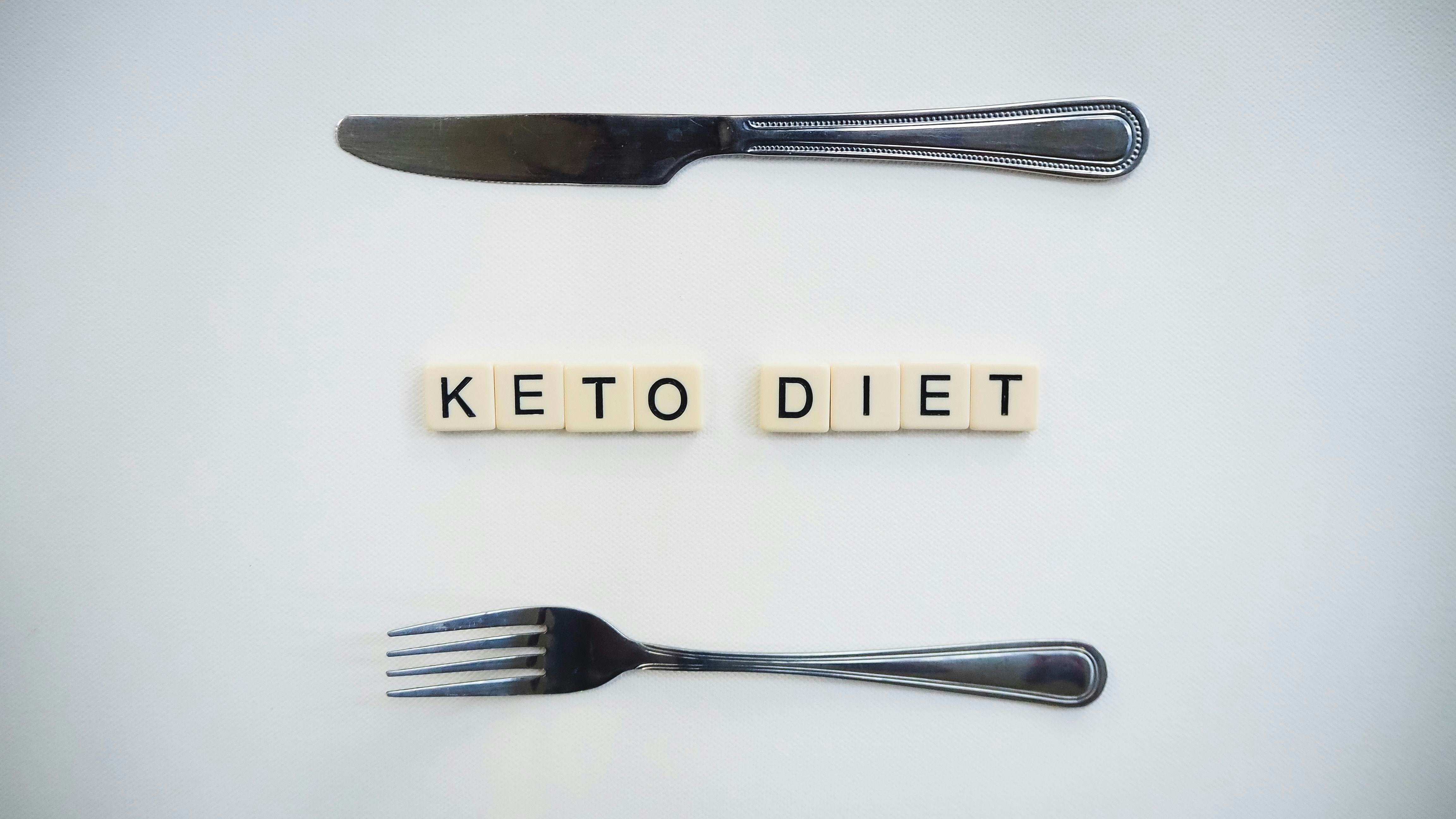A Beginner's Guide to the Keto Diet
Sep 7, 2024
The ketogenic (keto) diet has gained popularity for its potential to promote weight loss and improve certain health markers. Let's explore the basics of the keto diet and how it can fit into your lifestyle.
What is the Keto Diet?
The keto diet is a high-fat, low-carbohydrate eating plan designed to induce a metabolic state called ketosis. In ketosis, your body burns fat for fuel instead of carbohydrates, leading to weight loss and other health benefits.
How Does it Work?
By drastically reducing carbohydrate intake and increasing fat consumption, the keto diet forces your body to rely on fat for energy. This metabolic shift can lead to rapid weight loss, improved insulin sensitivity, and enhanced mental clarity.
What to Eat on a Keto Diet
Healthy Fats: Include sources of healthy fats such as avocados, nuts, seeds, olive oil, and fatty fish like salmon and sardines.
Low-Carb Vegetables: Focus on non-starchy vegetables like leafy greens, broccoli, cauliflower, and bell peppers, which are low in carbs but high in fiber and nutrients.
Protein: Choose moderate amounts of high-quality protein sources such as poultry, eggs, fish, and tofu.
Limited Carbs: Minimize intake of grains, starchy vegetables, fruits, and sugars, as these can hinder ketosis.
Benefits of the Keto Diet
Weight Loss: The keto diet can lead to rapid weight loss, particularly in the form of fat loss, due to its effects on metabolism and appetite regulation.
Improved Blood Sugar Control: By reducing carb intake, the keto diet may help stabilize blood sugar levels and improve insulin sensitivity, making it beneficial for individuals with diabetes or insulin resistance.
Enhanced Mental Focus: Some people report improved mental clarity and cognitive function while following the keto diet, likely due to the brain's efficient utilization of ketones for fuel.
Considerations and Risks
Keto Flu: When transitioning to a keto diet, some people experience symptoms like fatigue, headache, and irritability, known as the "keto flu." These symptoms are usually temporary and can be mitigated by staying hydrated and ensuring adequate electrolyte intake.
Nutrient Deficiencies: Because the keto diet restricts certain food groups, it's essential to ensure you're getting enough vitamins, minerals, and fiber from other sources.
Long-Term Sustainability: The keto diet may not be suitable for everyone, and some people may find it challenging to maintain over the long term due to its restrictive nature.
Conclusion
The keto diet can be an effective tool for weight loss and improving certain health markers when followed correctly. However, it's essential to approach it with caution and consult with a healthcare professional before making significant dietary changes. By focusing on whole, nutrient-dense foods and listening to your body's cues, you can reap the potential benefits of the keto diet while maintaining overall health and well-being.


